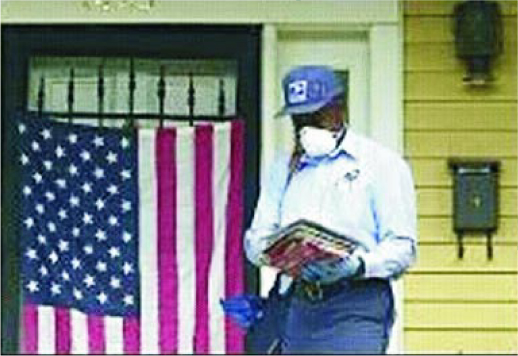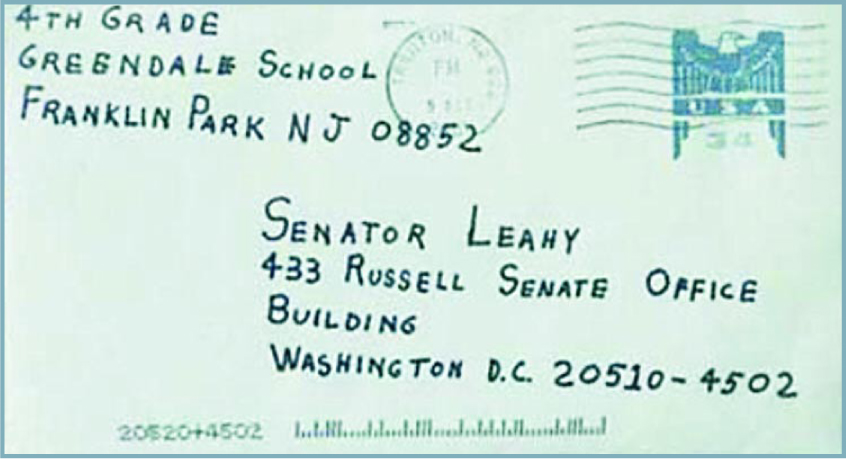MacArthur Pumps Funds Into Science Policy Positions
DOI: 10.1063/1.1570764
Jonathan Fanton is worried. “Policymakers and the public need reliable, independent advice from scientists in making choices that shape relations among nations and enhance the prospects for peace and security,” says Fanton, president of the John D. and Catherine T. MacArthur Foundation, which is based in Chicago. “A generation of scientists—and their students—drawn into public policy by the Manhattan Project and the cold war is passing from service … and we need a successor generation.” Next month, at an American Association for the Advancement of Science (AAAS) workshop on science and technology policy in Washington, DC, Fanton will announce the winners of a new $7 million-a-year program designed to increase the pool of independent experts on science, technology, and security policy.
Under the MacArthur Foundation’s science, technology, and security initiative (STSI), nine US universities will receive three years of funding to create a series of appointments, including five tenured posts. Seven additional grants will help fund independent science policy experts in China, Russia, and the UK.
A big expansion
Three years ago, the collapse of the stock market, especially the stock of technology companies, dramatically reduced the assets of many foundations. In an additional shock to the arms control community, two sources of funds, the W. Alton Jones Foundation in Virginia and the Merck Company Foundation in New Jersey, pulled out of international security policy during the autumn of 2001. Smaller funding sources, such as the Washington, DC-based Nuclear Threat Initiative (NTI), which had lost millions of dollars in AOL Time Warner stock, its sole revenue source, suddenly found themselves inundated with requests. They reacted by restricting consideration to invited proposals. “Although we were already developing STSI at the time, the pullout of the W. Alton Jones Foundation made us feel we had a large obligation to remain in this field,” says Kennette Benedict, director of international peace and security at the MacArthur Foundation.
The foundation consulted a number of independent science policy experts and solicited advice from other like-minded funders—the San Francisco-based Ploughshares Foundation, the Ford Foundation (New York), the Carnegie Corporation of New York, and the NTI—on what it should do. Many of those consulted recommended “institution building”—beefing up existing university centers and departments that deal with science and security policy and helping to create new ones.
In its first round of grants, the STSI will fund Carnegie Mellon University ($1.16 million), Cornell University ($1.1 million), Georgia Institute of Technology ($1.25 million), Harvard University ($946 000), the University of Illinois at Urbana-Champaign ($1.35 million), the University of Maryland, College Park ($1.2 million), MIT ($707 000 over two years), Princeton University ($1.35 million), and Stanford University ($1.35 million). Those institutions will look at security issues that match their own expertise. They all hope to double or triple the number of PhDs they award in the field through their STSI grants. The program is also funding nonuniversity organizations such as the Council on Foreign Relations, AAAS, and the Federation of American Scientists.
Tenured positions
Interest in using scientific techniques in security policy has been declining for some time. “We haven’t got a single PhD candidate studying nuclear weapons,” says Judith Reppy of the peace studies program at Cornell. “Unfortunately, physics departments do not see nuclear weapons policy analysis as physics—and the same with molecular biology departments and biological weapons policy,” says Frank von Hippel, a leading security policy expert at Princeton. He adds that “although many physicists consult with the government on these problems, few teach or do unclassified research on them at their home universities.” The result, says Clifford Singer, director of the program in arms control, disarmament, and international security at Urbana-Champaign, “is that it has been difficult for scientists working in interdisciplinary work to obtain tenure.”
Falling interest and a lack of tenured positions, says Benedict, have led to the body of “scientists working [on policy research] outside industry or the military getting rather slim…. The events of September 11, 2001, only confirmed the growing need for more experts.”
The MacArthur Foundation approached a number of institutions requesting proposals to help young and midcareer scientists work in security policy areas. “The universities actually responded in ways we hadn’t anticipated,” says Benedict. “We suggested creating a tenured position,” says William Long, chairman of Georgia Tech’s Sam Nunn School of International Affairs. Georgia Tech, Cornell, Princeton, Urbana-Champaign, and Carnegie Mellon are all using their MacArthur grants to offer tenured posts devoted to science-based policy issues. The universities have agreed to support the posts even if the foundation does not extend funding beyond the first three years. “We are very excited about the opportunities this grant gives us to serve as a bridge between international policy and technology studies and research,” says Long. Other institutions will use their grants to support existing positions or create postdoc slots in security policy.
“For physicists and biologists working on science and security issues, this program represents a once-in-a-generation opportunity to get a faculty position,” says von Hippel. “To my knowledge, there has been no new faculty appointment in this area in the country since the end of the cold war.”
“We’ve learned the hard way that such apparently innocuous things as airliners, the US mail, electric power, and the computer systems can be turned into weapons against us,” says Granger Morgan, head of Carnegie Mellon’s department of engineering and public policy. “As a result, our grant will help us to identify ways to design safer systems.”

The effectiveness of sterilizing anthrax spores, such as those carried in a letter addressed to Senator Patrick Leahy, is one area of research the MacArthur Foundation will fund at Carnegie Mellon.


FBI

More about the authors
Paul Guinnessy, American Center for Physics, One Physics Ellipse, College Park, Maryland 20740-3842, US . pguinnes@aip.org





